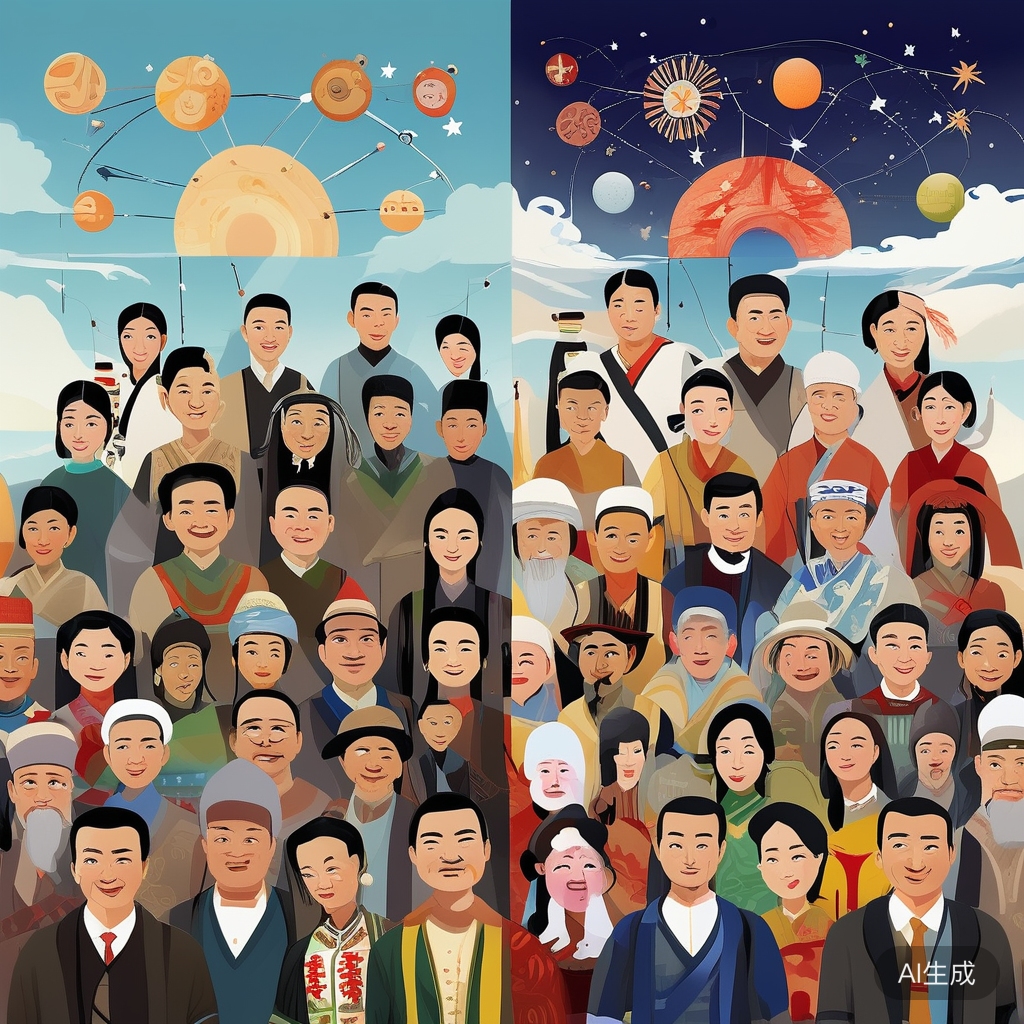Lately, a song’s lyrics have sparked a heated online debate and quickly trended on social media. We’re talking about a tune that’s to everyone——《》.
The controversy is quite a shocker: A netizen posted that in their memory, the lyrics of 《》 have always been “,” but now, every source they check has it as “constellation.” It’s like, did the world lines cross or something?
Check this out:
So, someone started a poll to see if netizens’ memories are of “” or “constellation.”

Looks like most people remember it as “,” which reassures me, the.
But then, I did a little digging and found out that in the classic version of 《》 by Song Zuying, it indeed says “constellation.” That’s some mind-bending stuff right there.
And it’s not just in the song; even textbooks say the same thing.
Now, there are some quirky examples around. Let’s do a little test, shall we?
-
In your memory, is the Thinker statue’s hand on its forehead or supporting its chin?

<—
- In your memory, does Mickey Mouse’s dress have straps or not?
<—
- In your memory, is the full title of "Those Years" "Those Years, the Girls We Chased Together" or "Those Years, the Girl We Chased Together"?
<—
So, the question is, why do so many netizens insist on “” when “constellation” is what’s sung at formal occasions?
Enter the Gestalt Psychology Theory
In our brains, the whole always exists before the parts and determines the nature and meaning of the parts. That’s the magical Gestalt psychology for you.
For instance, when you walk into a room and someone points at a table and asks you, “What do you see?” Your first reaction is “a table,” not the material, size, or color of the table.
This proves that people always unconsciously perceive objects as a whole, which is the tendency of cognitive configuration, and construct a Gestalt image schema about this whole in their minds.
The Gestalt psychology school also proposes the following view: “Psychological experience is not the sum of several static, isolated elements but includes an organized, dynamic, ever-changing whole influenced by interaction.”

In simple terms, when people recognize something, they usually recognize the whole first. The memory of the details will be influenced by the surrounding environment. The whole exists before the parts and restricts the nature and meaning of the parts.
So, even though “56 constellations” is sung loud and clear at various occasions, what people remember is “56 ethnic groups.” After all, the whole song is about praising national unity, right?
As soon as you see “56,” you think of ethnicity; there’s nothing wrong with that.

However, “constellations” and “flowers” are different. Since constellations have a specific number, they are not suitable for metaphorical use as a quantity word. It was determined in 1922 that there are 88 constellations in the sky. So, “56 constellations” is a big bug in 《》! What if people really think there are 56 constellations?
Edited by Carine
Sources: 1. Guangdong Communist Youth League, 2. Yi Du, 3. Wang Xiaomeng. The Application of Gestalt Image Schema in Idiomatic Translation [J]. Journal of Heilongjiang Ecological Engineering Vocational College, 2017.09, Vol. 30, No. 5. 4. Yang Weidong, Qiu Xiaochun. On the Application of Gestalt Psychology Principles in Language Comprehensive Testing [J]. Journal of Xi’an University of Posts and Telecommunications, 2010.11, Vol. 11, No. 6.










